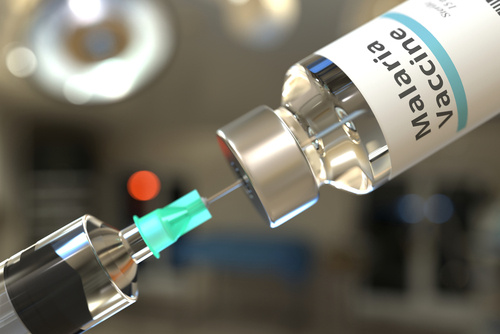
Last week, the board of Gavi, the Vaccine Alliance, approved an initial investment of $155.7 million to support the introduction, acquisition, and delivery of malaria vaccines throughout eligible nations in sub-Saharan Africa between 2022 and 2025.
The public-private health organization hopes that the RTS,S vaccine will help lower child mortality in Africa through greater resistance to malaria. The board’s decision followed a World Health Organization (WHO) recommendation for wider routine use of the RTS,S malaria vaccine in October. Two years of data backed that decision, based on the results of the Malaria Vaccine Implementation Program based in Kenya, Ghana, and Malawi, as well as a clinical trial during the seasonal delivery of the vaccine in Mali and Burkina Faso.
“I am greatly heartened that the Gavi Board has approved funding for a new malaria vaccination programme,” José Manuel Barroso, chair of the Gavi board, said. “Thanks to the collaborative efforts of the global health community, we are better armed to tackle this deadly disease, and once the vaccine is rolled out at scale, we will be able to help protect millions of lives.”
Africa is the heaviest hit by malaria. It is estimated that more than 260,000 Africa children under the age of five die each year of the disease. Just six Gavi-eligible countries make up 50 percent of the world’s malaria mortality rate.
“Today marks an important milestone in our fight against malaria,” Dr. Seth Berkley, CEO of Gavi, said. “This decision by the Gavi Board to finance a new malaria vaccination programme for countries in sub-Saharan Africa could save tens of thousands of lives annually in Africa. The vaccine is an important additional tool to control malaria in Africa, alongside other interventions, such as routine use of insecticide-treated bed nets, indoor spraying with insecticides, malaria chemoprevention, and timely testing and treatment.”
To support and expand rollout, Gavi noted that it will need to provide technical guidance on using the vaccine in conjunction with other malaria intervention efforts. It will also have to procure the necessary amounts of vaccines and open a funding window to allow applications from countries that already receive the organization’s support.




